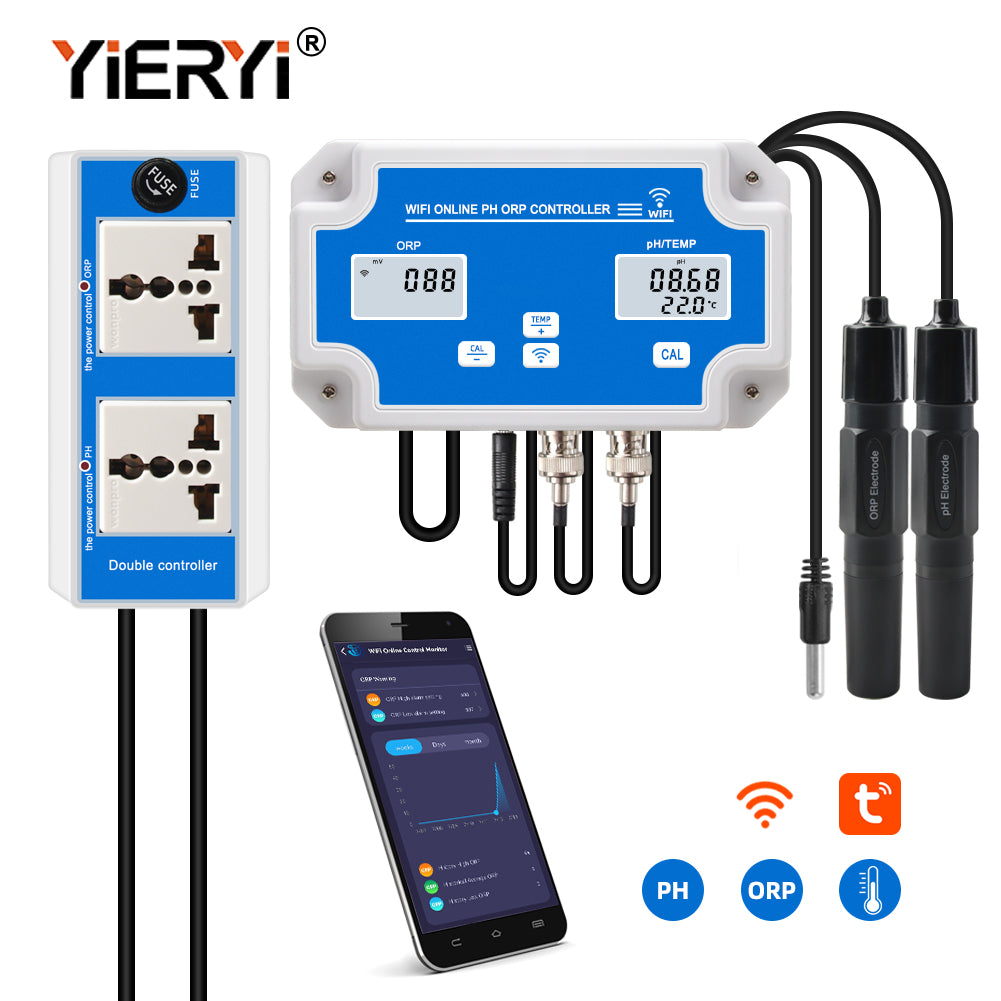To avoid hi-jacking @popper's power strip thread, I'm kicking off another one. I'm curious what smart home devices people are using for their tanks, and their experience. Copy-pasting my premise from the other thread:
An aquarium controller is three things in my mind:
I think almost certainly the future of aquarium controllers should be standardized smart devices with some control software orchestrating them. There's little reason these ridiculous $300 EB832 should exist. It's a $60 kasa smart outlet + some DC outlets. It's insane. All the monitoring and controls can be done with Home Assistant, same as any other thing in a smart house.
And yes, this is going to be my next side project, proving that out.
An aquarium controller is three things in my mind:
- hardware
- various sensors
- various outlets
- software
- connections to sensors, connections to outputs
- orchestration / programmability to say "when X happens, do Y"
- network -- reliable connections between the hardware & software
- an eco-system ensuring all those pieces integrate together well, in a light touch manner -- arguably the most important piece
- power strips:
- kasa smart strip: $52 -- 6 AC outlets, individually controllable through software and buttons, individually schedulable, 3 usb ports, individual outlet power consumption data
- eb832: $290 -- 8 AC outlets, 3 pump connections, 2 DC outputs, individual outlet power consumption data
- leak sensors:
- smart: basic ($40 each), high end ($60 each)
- neptune leak kit: $155 (for two
- temperature sensors:
- smart thermometer: $29
- neptune probe: $33
- generally: there are smart home standards for most of the sensors we use, at least at the API level. It's a matter of someone building the probe if needed

